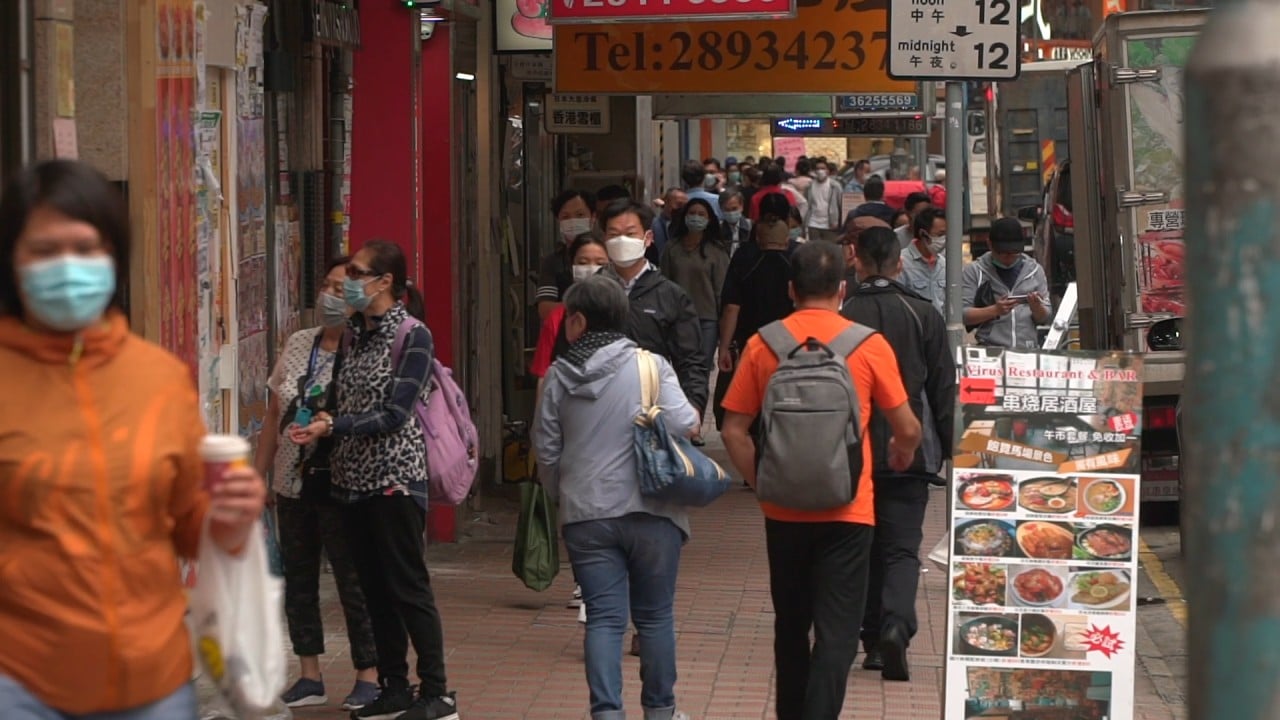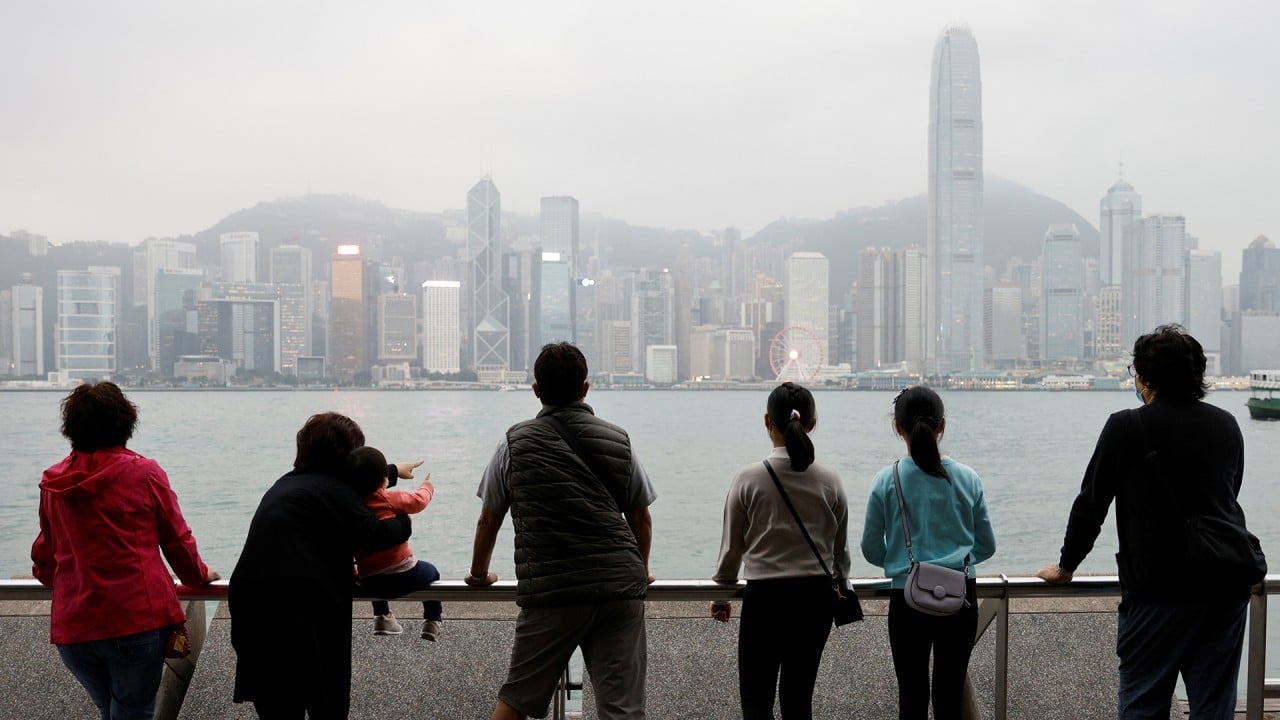
People’s perceptions of life in Hong Kong are changing for the better. Could this be a turning point?
- While Hong Kong has dropped down the liveability rankings compared to other global cities, recent events suggest that trend could soon reverse itself
- A small but significant change of direction in ‘perceived liveability’ and greater trust in government are welcome news
In the following years, the EIU’s ranking returned to its original five categories: stability, health care, culture and environment, education, and infrastructure. After the change in methodology, Hong Kong not only lost the top spot but has also continued to slide down the liveability ranking.
The EIU’s index is based on experiences that underline state-of-the-art infrastructure and up-to-the-minute services. Liveability, in this sense, encompasses reasons to come to the city. Given that unaffordable housing prices and a cramped living environment are well-known aspects of life in Hong Kong, a drop in the ranking is not a welcome sign.
However, liveability should also take into account local people’s perceptions. Thus, “perceived liveability” can give more of an indication about the reasons for residents to stay in a city. Different from the EIU’s index, the Hong Kong Institute of Asia-Pacific Studies has been tracking perceived liveability in Hong Kong since 2017.
The annual perceived liveability index asks respondents to evaluate the liveability of Hong Kong on a range of 0 to 100, with 50 being a pass. In the first two years of the survey, the average of the scores were above 60 and did not change much.
The 2019 social unrest turned people’s perceptions of Hong Kong from a civilised, open city to one characterised by everyday brutality and hostility. A loss of trust in the city’s government is clearly one factor behind the drop in perceived liveability.
However, amid fears over the future of Hong Kong, the index recovered some of its losses this year, climbing to 52.1. This represents not only the first increase in the past five years but also the first score indicating an overall positive perception of life in the city since 2018.
Some people appear to have renewed trust in the government after regaining some peace of mind with stability and order restored to the city. Others perhaps see Hong Kong as a safe haven amid the Covid-19 pandemic.
Hong Kong’s best and brightest are leaving – forever
However, to ensure people want to come to Hong Kong, and stay, in the future, more needs to be done. In the annual surveys done since 2019, by the Institute of Asia-Pacific Studies, the percentage of locals who intend to emigrate has never been below 40 per cent. In addition to disappointment in political institutions and government officials, frustration over their living environment consistently appears at the top of the list.
If improved liveability and trust in the local government can be coupled with well-planned new development that provides more people with affordable housing, this could be a turning point, one that starts the process of healing in Hong Kong.
Hua Guo is a research associate at the Hong Kong Institute of Asia-Pacific Studies, the Chinese University of Hong Kong, where Victor Zheng is associate director (executive)




